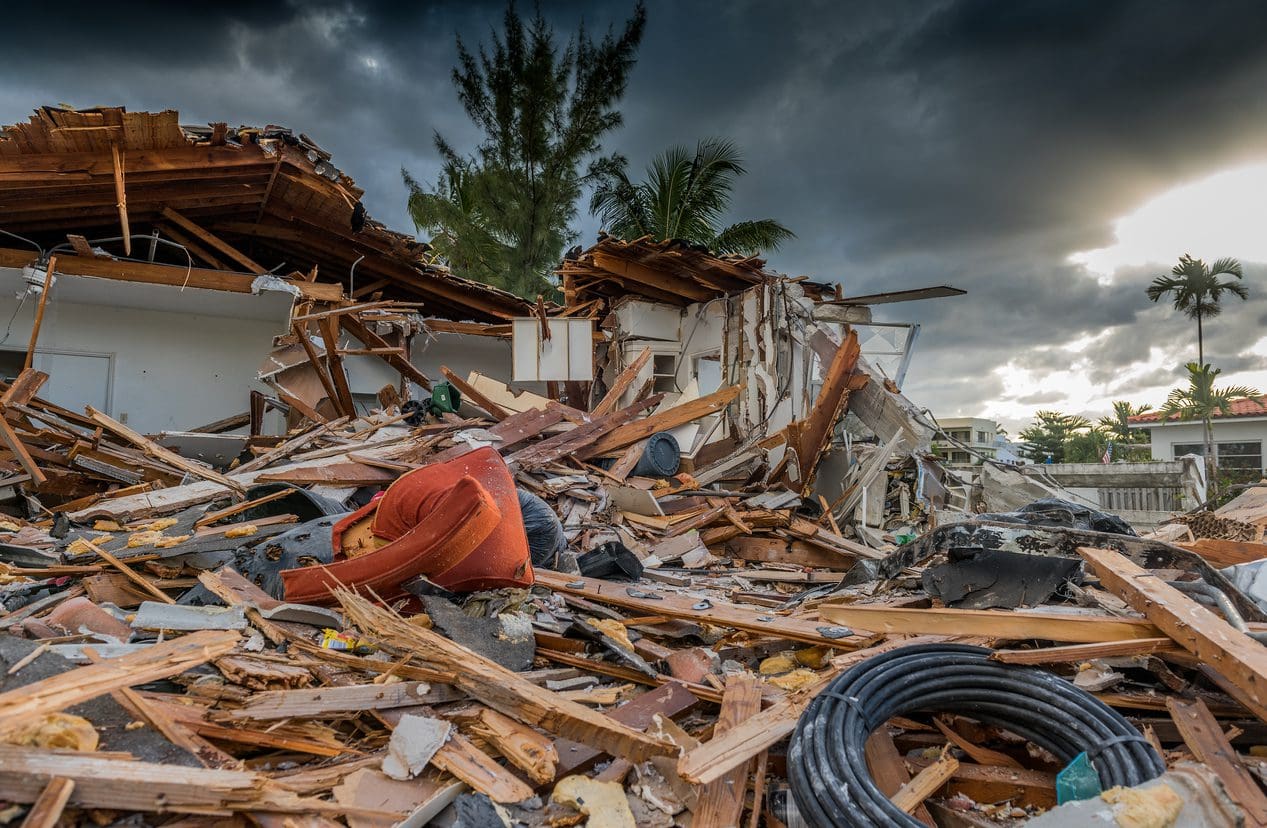by Deborah Goldstein, Enlightened Philanthropy
I don’t know about you but when I hear bad news—death, natural disaster, hurtful legislation, and war—my thoughts turn quickly to how can I help? Sometimes it’s clear. When someone close to me dies, I know I can help with food for the family or contributing in memory of that person to an organization they supported. Other times when it’s more removed, the answer isn’t as obvious.
And yet the motivation and desire to support those in need remains strong. So how can I choose? Here are a few tips that might help:
1. Give in alignment with your values. Just because this is a time of crisis doesn’t mean your values go out the window. Values can help keep you grounded at times like this. Remember, there’s no need to rush. Take some time to be thoughtful about your gift and what it means for the organization you’re supporting. Do some research on their website and make sure they have a concrete response effort to the crisis.
2. Give to an organization you already have some affiliation with. If there’s already an organization that you support with connections in the area in need, think about using those avenues. For example, if you already support your local American Red Cross or Jewish Federation, they probably are ready to funnel support to where it’s needed. Check to see what their response is.
3. Look for organizations that are working in your areas of interest. If your focus is healthcare, look for specific organizations that can address those needs like Doctors without Borders or International Medical Corps. Or if you care about how children are faring in these situations consider an organization like UNICEF or Save the Children.
4. Look for organizations that already have a track record in the area of crisis. A nonprofit that’s been working somewhere for decades might have more of a leg up than a nonprofit that doesn’t have the lay of the land, especially in a crisis situation. If they’re an international nonprofit, like GlobalGiving, they’re more likely to have ties with local nonprofits.
5. Set aside a portion of your giving each year for these reactive gifts. My hope is that for the most part, your giving is proactive. In moments like this, we can only react. And yet we know they happen. So it may be helpful to make a budget for crisis giving if this is important to you. Then you’ll feel like you can help without stretching yourself too thin.
However and whenever you decide to give, know that your gift will be immensely helpful to those in need. Keep in mind though that most crises are either ongoing or will take long-term recovery efforts. Think about whether or not you’re willing to provide support in the future as well. Often times there’s an influx of donations at the outset, but this will trickle out over time despite need still being high.
Deborah Goldstein is a philanthropic advisor dedicated to guiding donors in giving. Drawing from more than twenty years of experience in fundraising and nonprofit management, she engages individuals and families in a tailor-made, intuitive process to align their values and interests and design an attainable Philanthropy Plan. Goldstein is also the creator of Philanthropy Camp for Women. www.enlightenedphilanthropy.com Enlightened Philanthropy is part of AEF’s Philanthropic Advisory Firm Referral Program.
